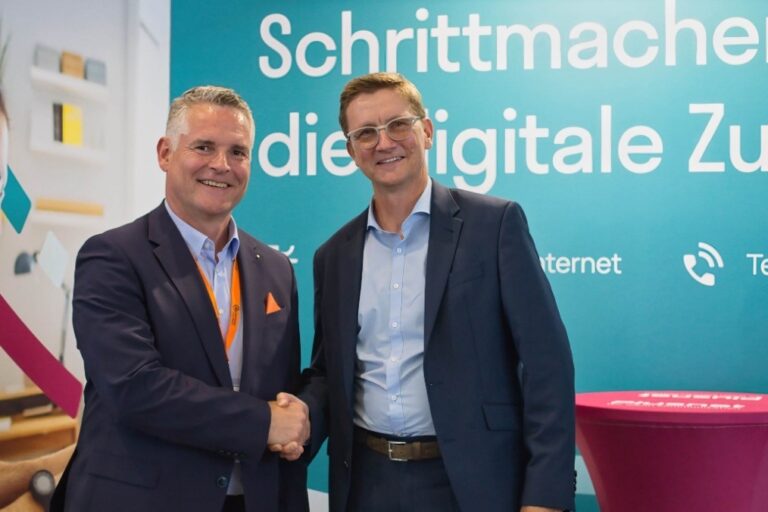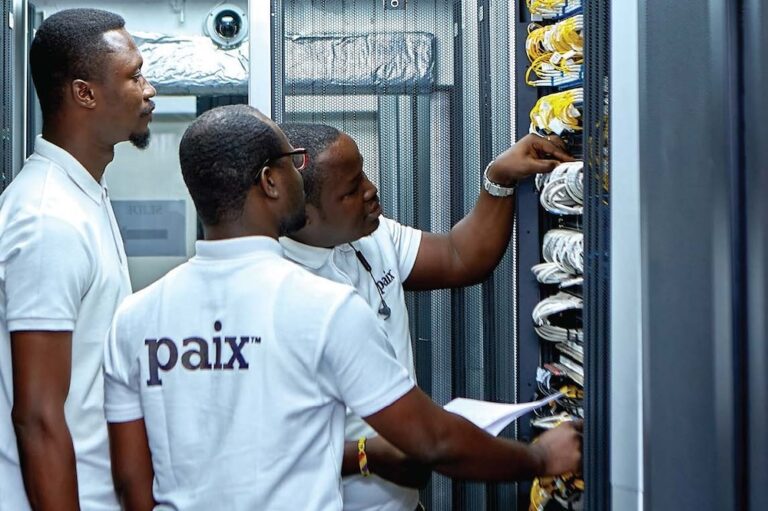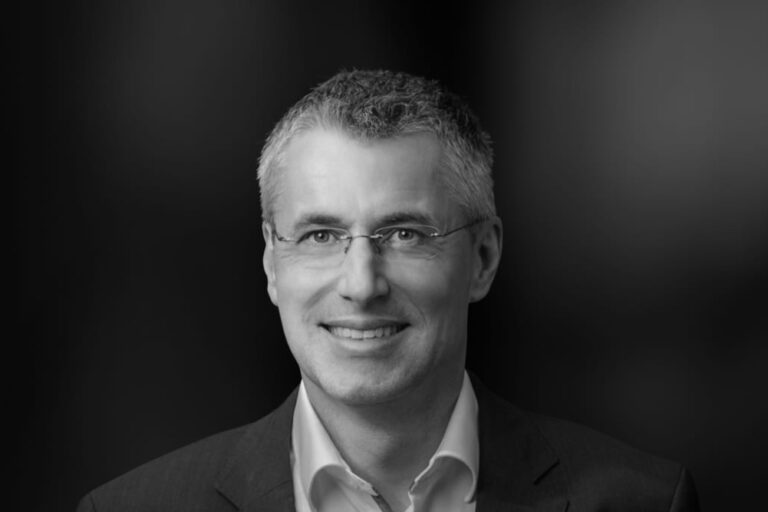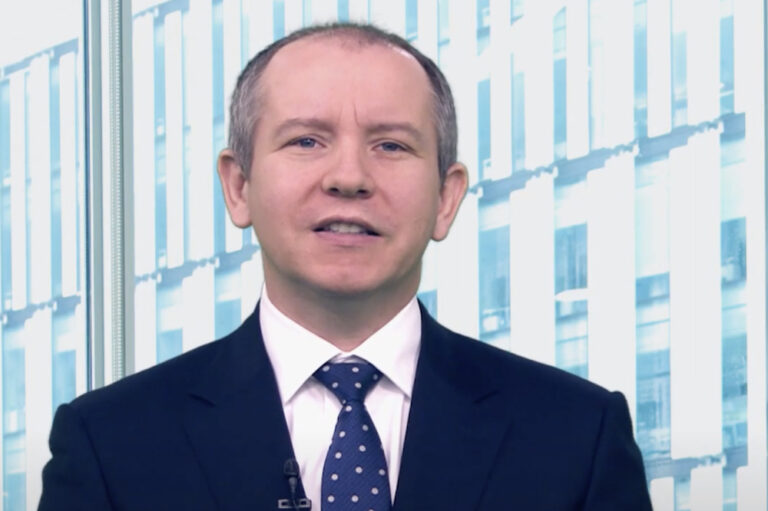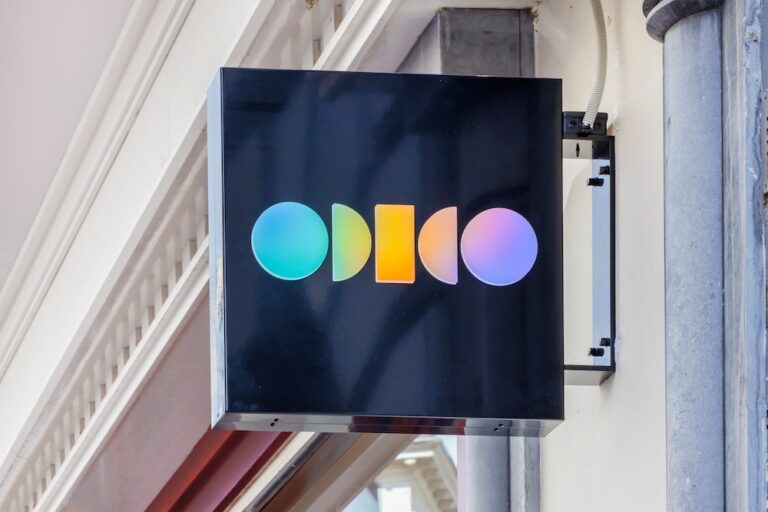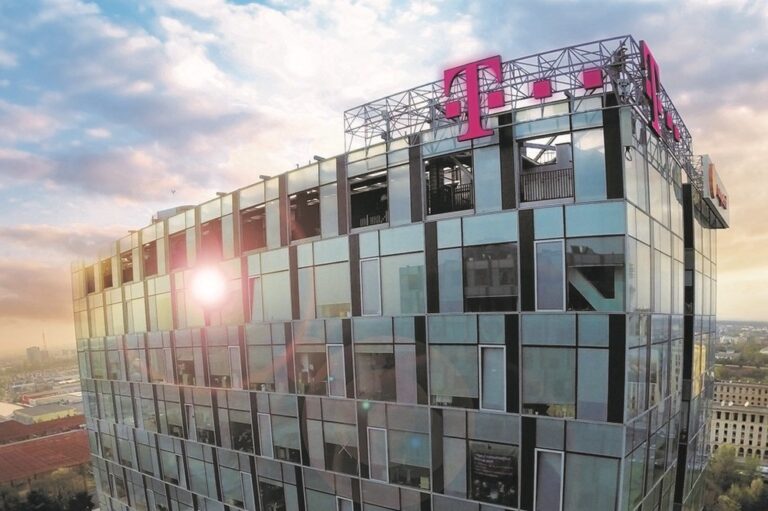Signs MoU with Crown Commercial Services, teams up with Accenture for private 5G opps and launches Care-ready Connectivity suite for UK healthcare ops
As BT Business continues to struggle, the UK’s second biggest converged operator is stepping up the pressure. May has been a busy month for Virgin Media O2 Business. This week it signed a new, three-year Memorandum of Understanding (MoU) with Crown Commercial Service (CCS) to support ongoing digitisation efforts within the UK Government and public sector.
CCS was set up by the Conservative Government a decade ago to help the public sector “achieve maximum commercial value when procuring common goods and services”. It claims that commercial benefits have increased from £606 million in 2017/18 to £3.8 billion in 2023/24.*
The new agreement apparently “will generate competitive discounts” and “accelerate digital collaboration, promising enhanced value for taxpayers and streamlined procurement processes”. This will be achieved in part by public sector entities – from central government to local authorities – having access to a suite of connectivity solutions.
They will include fixed connectivity, mobile shared data bundles, IP telephony, professional services, equipment and devices, and software-defined network functions.
Key role in public
Martin McFadyen, Director of Public Sector at Virgin Media O2 Business said, “There is a key role for Virgin Media O2 Business in supporting the public sector to get the most from telecoms technology and connecting communities across the nation. This partnership will also boost efforts to tackle digital literacy, helping people tap into the benefits of connectivity in their daily lives.”
Dr Philip Orumwense, Commercial Director and Chief Procurement Officer for Technology at Crown Commercial Services said, “This new MoU uses the buying power that CCS has to deliver cost effective and soundly procured connectivity solutions from Virgin Media O2 Business. There will also be additional benefits for customers through increased social value and L&D [learning and development] opportunities.”
Private 5G opps
Earlier this month, Virgin Media O2 announced a partnership with Accenture to “enhance private 5G Solutions for UK businesses”. This market sector is expected to be worth £528 million by 2030, an amount extrapolated from research by STL partners by the operator.
5G applications on offer by the partners, across multiple industry segments, includes computer vision AI to for quality control and monitoring equipment to meet factory floor compliance requirements. Other applications could be managing queues to improve customer experiences.
The solutions are built on Accenture’s Edge Orchestration Platform and will incorporate edge computing, data and AI, and embedded cybersecurity. The partners will initially target the construction, transportation and logistics, manufacturing, utilities, warehousing and sports venue sectors.
Liberty Global, the joint owner of Virgin Media O2 alongside Telefónica, is also exploring opportunities for these solutions in markets outside the UK. The collaboration will scale up in the coming months as joint customer implementations are deployed.
5G and other opps in healthcare
Virgin Media O2 Business has already had experience in deploying 5G in the UK’s National Health Service (NHS). In summer 2022 it helped activate the UK’s first 5G-connected hospital, the South London and Maudsley NHS Foundation Trust.
It says that access to a private mobile network improved clinician workflow and made managing patients’ records more efficient, monitored smart medicine storage and integrated diverse, connected devices. Since then, the pioneering NHS Digital has been rolled back into the NHS proper.
Virgin Media O2 Business provides solutions to 110 NHS Trusts. Now it has launched a Care-ready Connectivity suite to help tackle what it describes as the digital divide across the NHS.
This phenomenon is explored in a report published to coincide with that launch, entitled, Bridging the digital gap in UK healthcare. Censuswide surveyed 1,046 senior decision makers in the UK’s public healthcare sector in January this year on behalf of the operator’s business unit.
The report anticipates that by 2030, some 4.5 million people – 8% of the population – will remain digitally excluded, meaning they won’t have access to digital services and care.
Almost half (49%) of NHS staff cited funding as the biggest hurdle to digital equality in the survey carried out for the report. The same percentage recognises the urgent need to support patients with new digital tools. The cost of living crisis is making the situation worse.
Other major factors, in the respondents’ view is the need for staff training (47%), infrastructure limitations (43%), concerns about data security (43%), and resistance to change (41%).
Fact finding to pave the way to sales
The solutions proposed by Virgin Media O2 Business to these issues in the guise of The Care-ready Connectivity suite are: to give NHS Trusts free Mobile Health Checks; and hold free Digital Explore Workshops.
The former aims to help senior decision makers review their mobile estate to ensure they are getting the most out of their infrastructure. The latter’s purpose is to help the Trusts “tackle digital inefficiency challenges”
Using these two means of fact finding, the plan is that industry experts at Virgin Media O2 Business can then create and share bespoke digital transformation roadmaps and communicate steps that can be taken to improve digital access for both staff and patients.
Since launching Care-ready Connectivity, Virgin Media O2 Business has delivered four digital workshops. The Leeds Teaching Hospitals NHS Trust is one of them and it has subsequently identified underlying connectivity solutions that could drive better patient care.
Mike Bacon, Programme Director at Leeds Teaching Hospitals NHS Trust said,“Reliable, safe and secure digital infrastructure is essential in providing high quality, integrated care across our hospitals, the city of Leeds and beyond.
“As we develop our plans to build a new hospital here in Leeds, it’s important to ensure our facilities are scalable and future-proofed for generations to come. Bringing together our project leadership team and knowledge experts from industry enabled the group to explore the art of the possible for digital healthcare.”
Care-ready Connectivity will sit alongside Virgin Media O2 Business’ wider digital inclusion programmes – the Connect More programme and the Tech Donation programme.
Public and private in the NHS
“There’s an opportunity for both the public and private sector to work together to bring about a revolutionary step change in the mindset of healthcare provision. With our new offer, we aim to empower individual NHS Trusts and organisations to take control of their own digital journey,” said Mark Burton, Health & Social Care Lead, Virgin Media O2 Business.
“Our research shows that digital progress is varied across the UK, and so we in the private sector must step up and support the NHS to provide the best possible digital environment for staff and patients across the nation.”
* Editor’s note: It is doubtful if most of those (including me) living in the UK would say there has been an improvement in public services in this time period – rather the reverse. The general perception is taxpayers pay more for much fewer and poorer services.





